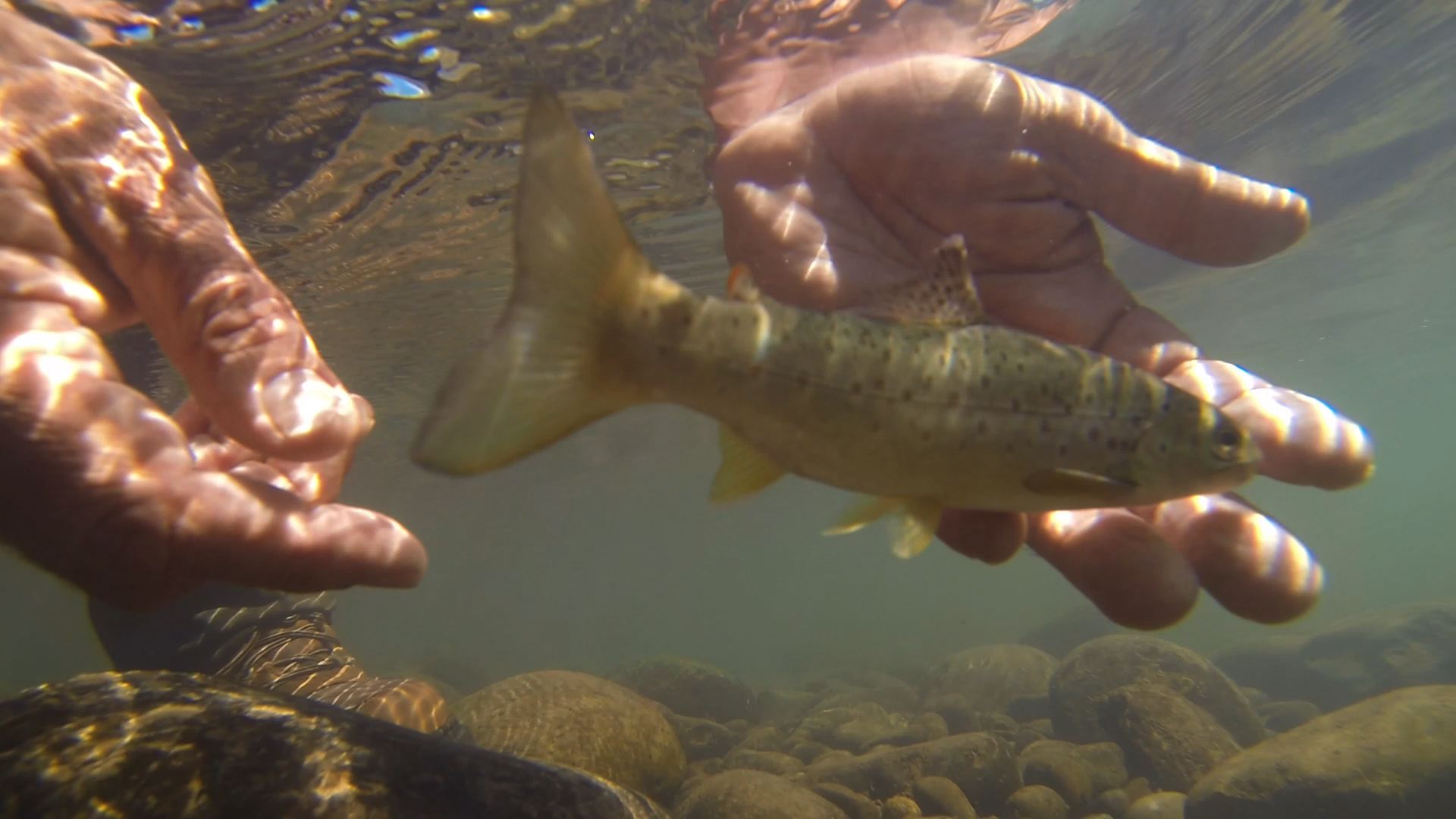Trevor Noah’s evocatively titled autobiography “Born a crime” reminded me of an article I wrote about the 2013 attempt to list species as invasive.
The power behind Trevor’s title lies in the paradox between human life as something precious and the idea that it is wrong for two races within the same species to interbreed. My article “What is a species” speaks to how this contradiction still forms part of environmental thinking in South Africa.
Powerful stuff! My article was relatively tame by comparison to what Trevor wrote. It was published in the Farmers Weekly and reached a wide audience. It provoked a reaction from the Department of Environmental Affairs (DEA) like nothing else I have written since. It opened with this line: “Trout, bass and carp fisherman woke up on 20 July, potential criminals, liable, should they catch these fish again, to a fine of up to R10 million or a period of imprisonment of up to 10 years.”
Thinking of it and what Trevor wrote reminds me of something I said to Gerrie Van Der Merwe of Lunsklip Fisheries at the beginning of my involvement in what has become known amongst South African trout anglers as DEA’s War on Trout (WoT) programme. I said we should win this war if it is just about trout. I warned that it was going to be much harder to do so if the attempt to criminalise the use and enjoyment of trout was part of a larger attack by government on the Constitution and on human rights. I said if that was the case, it was probable that trout and the health and wellbeing of communities whose livelihood was dependant on the trout value chain would become collateral damage in this larger offensive.
Well there can be little doubt writing this just over 4 years later, that WoT is part of a larger attack on the Constitution and human rights. Government wants to rule South Africa on the basis that the line between legal and illegal activity will be determined by whether you have a permit. This will in effect mean that everyone is “born a crime” in a world where innocence depends on you being in possession of a permit. I was recently told by a government official that this was necessary because government lacked the capacity to govern any other way.
This is the effect of South Africa’s penal system of environmental laws placing biological resources under the custodianship of the state. The use of those resources becomes a crime unless you have a permit or an exemption has been issued making the need for a permit unnecessary while the exemption is in place. The presumption of guilt shifts in these cases in that guilt is presumed if you do not have a permit. The power of government and its officials increases at the cost of human rights which are replaced with a system of privileges based on whether or not you have a permit.
This system of replacing rights with privileges is not limited to the environmental space. The trend of doing away with penal laws in defence of human rights has ended. The new trend in government is to replace rights based laws with a penal permit based system in which government claims that its custodial power requires it to make laws that control access to privileges rather than protecting rights. Access to natural resources and the right to use those resources is increasingly being controlled in this way.
We see this reality in proposed changes to agriculture legislation, the proposed aquaculture legislation and in the recently published draft KZN Business Bill. All of these introduce penal permit driven regimes that make criminal offences of activities that can presently be carried out as of right. It is also evident in government’s increasing tendency to ignore due process and the Constitution when this gets in the way of this process of taking control over people’s lives. Government increasingly regards itself as being above the law. I will be dealing with this process of bad law making in the environmental space in next few articles.
DEA recently reneged on government’s undertaking not to list trout as invasive in areas where they already occur in South Africa. It has done so because the proposed amendments to the National Environmental Management Biodiversity Management Act (NEMBA) will enable DEA to manage trout and other so called invasive species as invasive without having to eradicate them because they are invasive.
Thus listing a species as invasive becomes another instrument of control rather than a legitimate response to a real threat. This ignores the internationally accepted position that invasive species must be eradicated or prevented from breeding or spreading if eradication is not possible. It makes nonsense of DEA’s oft cited claim that the alien and invasive species regulations are intended to ensure that South Africa complies with its obligations under the United Nations Convention on Biological Diversity.
I have warned the trout value chain of this new threat to their livelihoods but South Africans need to be aware that this is symptomatic of a larger threat. The Constitution is an adult law. It does not play nanny. If no one defends it, then rights will be replaced with privileges and life itself will increasingly become a crime.


